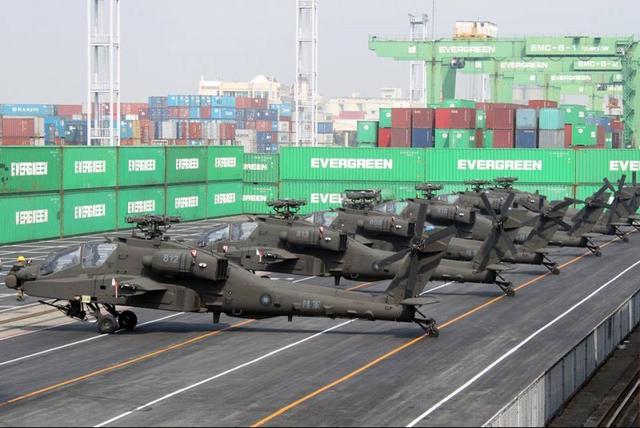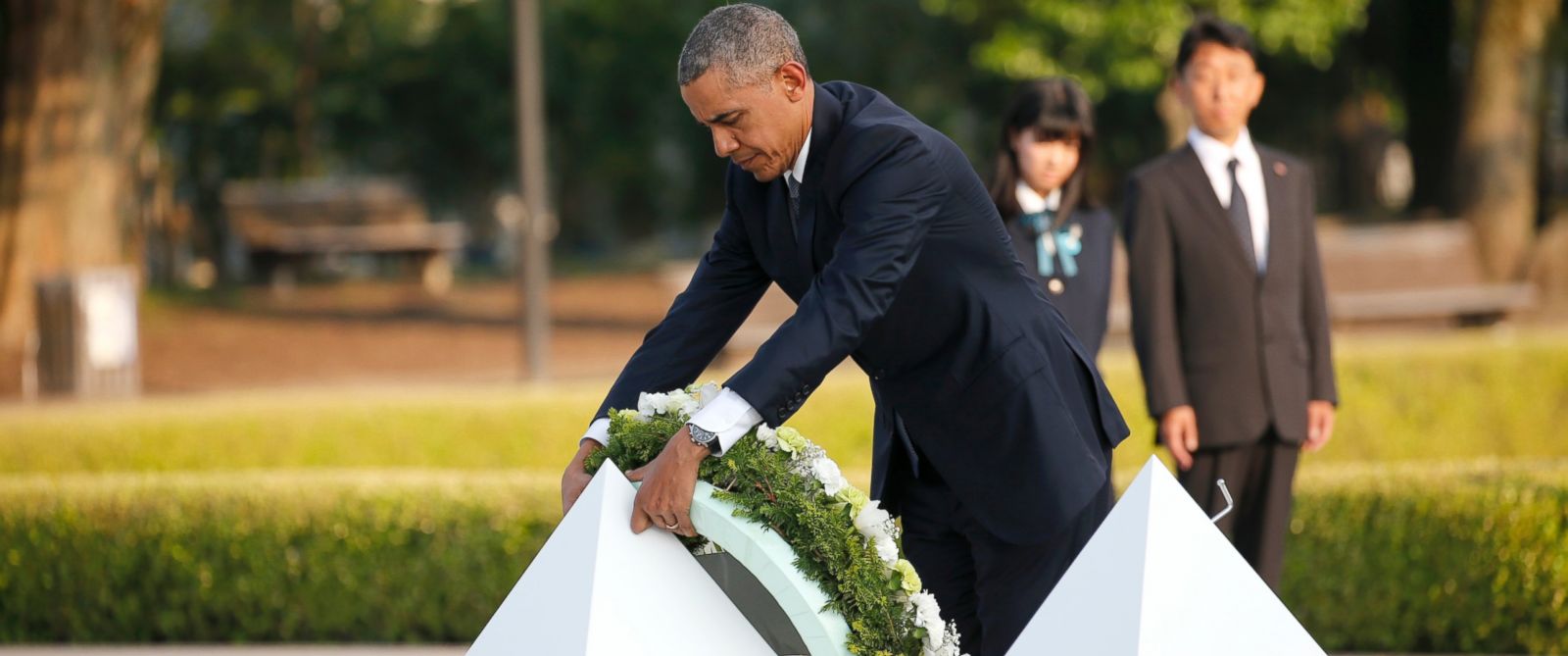
China Does Not Approve – America’s ‘Six Assurances’ for Taiwan Are Rubbish
(China) on 17 May 2016
by Editorial (link to original)
The Six Assurances are a product of the Reagan era; they are a mere internal memo stuffed in a box. Here, with respect to the Taiwan Resolution, American representatives overturned box upon box to pull out this old document, giving it the light of day. There were obviously considerations of giving the Taiwanese independence movement a booster shot. Yet today, 30 years later, with the relative power of China and America having undergone clear change, perhaps there ought to be huge questions about how effective this “medicine” actually can be.
The facts make clear that those old farts in Congress do not actually care about the safety of the people of Taiwan, but instead care about the hegemonic position of the United States in the Asia-Pacific region. By acting this way, America has first demonstrated that it will not forget Taiwan — the “lighthouse of democracy” that it constructed — and make its allies believe that America is still very much concerned about its “little brothers.” Second, at a time when American military force frequently intervenes in the South China Sea, this is a repeated attempt to give the Democratic Progressive Party, soon to take office, a “recharge and reboost,” putting a muzzle on China.
In America’s view, the balance of power in the Taiwan Strait as well as in the wider Western Pacific has lost its equilibrium, whereas for China it has become more stable. One notable indication is that in the 1950s, Taiwan was an “unsinkable aircraft carrier” in the eyes of America. Today, it is at most a mere stepping stone in America’s strategy of “rebalancing.” This stepping stone will not only fail to achieve any sort of rebalancing function, but could also see America inadvertently slip into the course of precarious waters.
In the past America still carried the Taiwanese banner, because this so-called “lighthouse” still had a bit of light, and appeared as if it could be employed to influence the mainland. But Taiwan has long since stopped being such a lighthouse; the chaos of Taiwanese democracy has already caused many mainlanders to lose hope. There is no way the Americans today could protect the lighthouse.
Is a page of a U.S. congressional resolution so capable of guaranteeing that Taiwanese independence activists’ foolish agitation goes unpunished? Will buying a few more armaments change the balance between mainland and Taiwanese militaries? This is something the American representatives supporting the resolution surely cannot believe either. The era in which America can unilaterally decide the status of the Taiwan Strait has ended, and it’s of no use for America to make any promises. Nevertheless, the tilt toward China has already begun in the Chinese-American contest over hegemonic discourse in the Taiwan Strait.
Though predictable, this round of troubles has still turned a new page, and hereafter under the administration of Tsai Ing-wen, such troubles will continue in succession. One cannot eliminate Tsai actively linking Taiwan and America’s “Asia-Pacific Rebalance” strategy, which deliberately forms a long-distance relationship with Washington. However, the space for the Taiwanese independence movement has already shrunken greatly, and if the Democratic Progressive Party wantonly acts out again, the dead-end Taiwanese Independence movement will all the more quickly hit an impassably high wall.
Chinese national unity is a general, overarching tendency. No outside force can move the Chinese people’s determination to realize the unification of the motherland. The one China formed through international commerce is not something that can be changed by American members of Congress. Concerning the problem of reunifying the motherland, the mainland has the ability, wisdom and faith that will ultimately turn the troubles America creates for others into troubles for itself.
If Congress were ever to decide to take the Six Assurances and turn them into law, then the Chinese would subsequently go along and up the ante for America. The Chinese will let those Americans understand that if they keep on playing their rotten cards, in the end there will be a day when America will be powerless to continue carrying out their responsibilities. This will certainly be the day that the Taiwanese independence movement will cry out and realize their mistakes too late.


